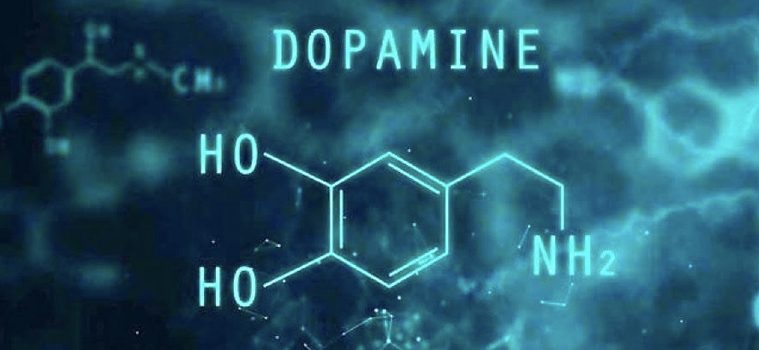IT’S DOPE –
Sept. 16, 2021 – Calipari emphasizes that “these data rewrite facts about dopamine, including what it encodes within the brain and how it drives behavior.” This is incredibly important as dopamine is dysregulated in Parkinson’s disease and in nearly every psychiatric disease: addiction, anxiety and depression, schizophrenia and others, she said. Understanding what these dopamine deficits mean will be critical in understanding patients’ symptoms and in developing better evidence-based treatments for these diseases.
What’s Next?
“We plan to research how this framework fits into our understanding of drug addiction and how drugs alter dopamine signaling to disrupt behavior within this novel framework,” Calipari said. “Most of our understanding of addiction neurobiology centers around dopamine and the dopaminergic network, as many therapeutic approaches that aim to treat addiction target dopamine. However, altering dopamine without having a full understanding of what dopamine actually does may lead to many unforeseen side effects, and more importantly, failed treatment strategies. This new knowledge about what dopamine actually does will affect many fields outside neuroscience and have a strong impact on human lives and health outcomes.”



